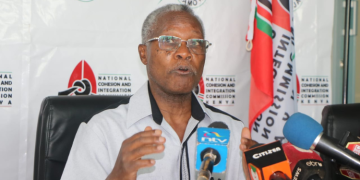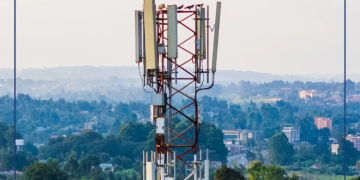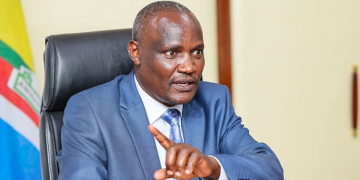Japan’s Agriculture Minister, Taku Etō, officially resigned on May 21, 2025, following public remarks he made about receiving free rice from supporters.
During a fundraising event in Saga Prefecture, Etō stated that he “never had to buy rice” because he received ample amounts from his supporters.
This comment was perceived as insensitive amid a national crisis where rice prices had nearly doubled over the past year due to poor harvests, panic-buying, and hoarding.
While submitting his resignation letter to the Prime Minister Ishiba, Etō clarified that he was referring to brown rice and that he does purchase white rice himself.
However, the damage was done, and his remarks were seen as out of touch with the struggles of ordinary citizens facing rising food and energy costs.
The government has released tons of rice from its emergency stockpile in recent months, but the latest agricultural ministry statistics show little impact from the move. Some supermarkets have started selling cheaper imported rice.
The incident added to the political pressure on Prime Minister Shigeru Ishiba, whose administration is already facing declining approval ratings due to its handling of the cost-of-living crisis.
Rice In Japan
Japan’s rice economy plays a vital role in its agriculture and cultural heritage. Rice has been a staple food for centuries and holds deep symbolic and ceremonial significance.
The country primarily produces short-grain Japonica rice, known for its sticky texture, with major growing regions including Niigata, Akita, and Hokkaido.
Despite being highly protected through government subsidies and import restrictions, Japan’s rice industry faces challenges such as declining domestic consumption, an aging farming population, and rural depopulation.
Also Read: US Opens Applications for Fully Funded Prestigious Youth Program; How to Apply
Although small in scale, rice exports are gradually increasing, especially in premium markets. To sustain the industry, Japan is focusing on technological innovation, branding regional rice varieties, and exploring niche markets like organic and health-oriented rice.
Earlier on, after the remarks by Eto, the opposition legislators threatened to submit a no-confidence motion against him if he didn’t resign voluntarily by Wednesday, 21, 2025 afternoon.
Shinjiro Koizumi, the son of the former prime minister, has been appointed by the Prime Minister Ishiba as the Minister for Agriculture.
Koizama Political Experience
Koizumi joined politics in 2009, succeeding his father as the representative for Kanagawa’s 11th district in the House of Representatives.
He has since been re-elected multiple times. His political roles have included Parliamentary Vice-Minister of the Cabinet Office, Parliamentary Vice-Minister for Reconstruction, and Director of various divisions within the LDP Policy Research Council.
Also Read: US Embassy in Kenya Announces Job Opportunities for Teachers
From September 2019 to October 2021, Koizumi served as Minister of the Environment.During his tenure, he advocated for environmental policies, including reducing Japan’s reliance on nuclear and coal power.
However, he faced criticism for supporting the construction of new coal-fired power plants in Yokosuka, his hometown.
Further, in September 2024, Koizumi announced his candidacy for the LDP leadership election to replace Prime Minister Fumio Kishida.
Follow our WhatsApp Channel and X Account for real-time news updates.

Photo Courtesy /Global Times X


















































![Senator Allan Chesang And Chanelle Kittony Wed In A Colourful Ceremony [Photos] Trans Nzoia Senator Allan Chesang With Channelle Kittony/Oscar Sudi]( https://thekenyatimescdn-ese7d3e7ghdnbfa9.z01.azurefd.net/prodimages/uploads/2025/11/Trans-Nzoia-Senator-Allan-Chesang-with-Channelle-KittonyOscar-Sudi-360x180.png)






















![Ruto'S First-World Promise Dismissed As &Quot;Hollow&Quot; And &Quot;Unrealistic&Quot; [Video] The National Youth Caucus Chair, Kamau Wa Mbiu, Has Dismissed President Ruto’s Call For Kenya To Join The Ranks Of First-World Countries.](https://thekenyatimescdn-ese7d3e7ghdnbfa9.z01.azurefd.net/prodimages/uploads/2025/10/photo-of-kamau-wa-mbiuchair-national-youth-caucus-photo-courtesykamau-wa-mbiu.jpg)

